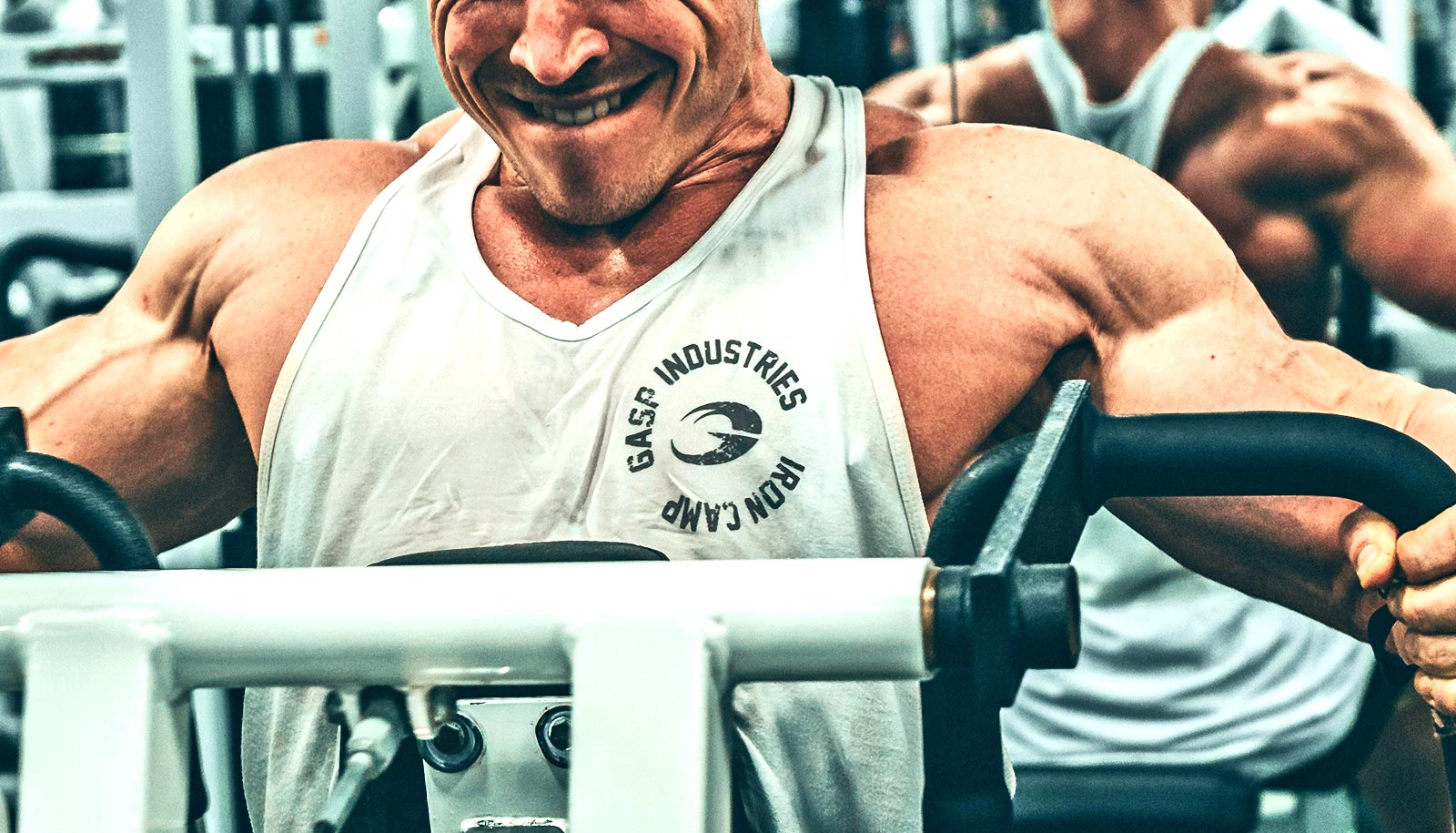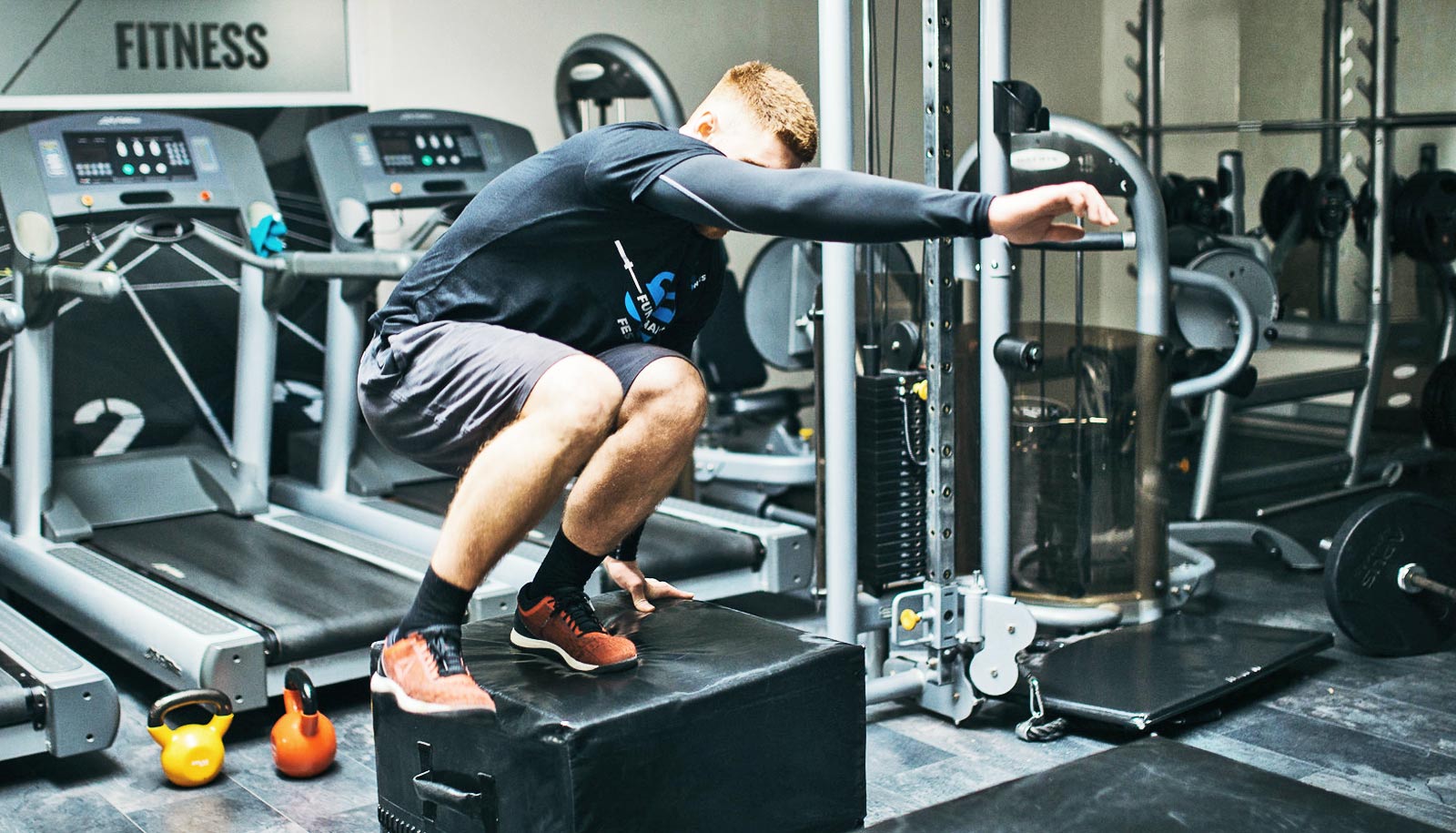People who lift weights for aesthetic reasons run the risk of developing muscle dysmorphia, also called “reverse anorexia,” according to a new study.
The condition, also known as “bigorexia,” is characterized by obsessive thoughts, compulsive behaviors, and body image distortion. People with the condition see themselves as smaller than they are.
Muscle dysmorphia was first identified in bodybuilders, the people who are also most likely to suffer from it, says Mair Underwood, an anthropologist at the University of Queensland.
“Bodybuilding is a risk environment for mental health, and with so many young people building their bodies to look good, the dangers of developing muscle dysmorphia can’t be ignored.”
The pathological preoccupation with muscularity and “being big” can cause great mental distress and many sufferers attempt suicide.
While some women have been found to suffer from muscle dysmorphia, men are especially at risk.
The study found all men who immerse themselves in bodybuilding practice describe themselves as having some degree of muscle dysmorphia.
“A common sentiment among bodybuilders is ‘the day you start lifting is the day you become forever small’,” Underwood says.
The study found some bodybuilders try to manage the disorder by weighing and measuring themselves, taking photographs, and asking others for feedback.
“Unfortunately, these management strategies are actually all symptoms of muscle dysmorphia, so it is vital people get guidance to develop strategies that will help them, instead of making the disorder worse,” Underwood says.
Researchers conducted the study over the last four years in online communities frequented by bodybuilders who use image and performance enhancing drugs.
“Unfortunately, we don’t know what healthy or normal bodybuilding is and how it differs from psychopathological bodybuilding,” Underwood says. “We don’t know what causes people to become obsessive about their size or even how to help them.
“But by collaborating with bodybuilding communities, we can develop ways to help sufferers manage their disorder and prevent people developing it in the first place.”
The study appears in the journal Health. A University of Queensland Early Career Researcher Grant funded the work.
Source: University of Queensland



